How To Use Natural Animal Behavior To Choose The Livestock You Raise
Animal behavior is an interesting thing and if you learn it and pay attention to the animals you are thinking of raising you will save yourself a lot of struggles on your homestead or backyard farm.
One breed of the same species can act totally different from another and if you choose the breeds you raise intentionally you will get much better results and reach the goals you have for your homestead much quicker.
The natural behavior is something that you really need to think about before you decide what breed you’d like to raise whether it is a family pet or an animal you are looking to use for production on your hobby farm.
I’ll get into some behaviors first then we can look at other breed characteristics like production in some animals.
Key Behaviors to think about
- Find out if the breed is naturally high-strung or prone to bad habits.
- Are they naturally laid back and easy to handle?
Both are questions you should be able to answer before you buy any animal whether it is a rabbit or calf for a fair project. It takes time to figure out animal behavior and breed quarks so be patient and talk to multiple breed owners.
People have different opinions and some owners are a little more “loose” with the rules or boundaries they set for their animals or house pets. There are so many variables that affect animal behavior. So make sure to take into consideration how they are being raised. You could tell some of this by watching the owner and their behavior with others. Are their kids loud and misbehaved or well-mannered?
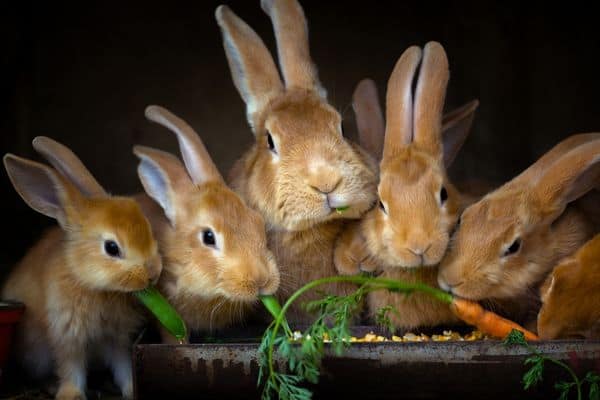
If you are new to raising animals then consider something that will be calm, easily trained, and does not pick up bad behavior you are not prepared to handle.
Free Farm Goal Planner!!!
➡️Get my proven system for choosing your farm goals so you don’t get burnt out.
A perfect example would be choosing a rottweiler or a cattle dog when you have not had much experience with dogs. Try to find a breed with less energy and a willingness to please. Both breeds are very driven and were designed to make judgments on their own while doing their job. So they are naturally going to be more independent and weigh their own opinions into deciding if it’s worth listening to you or not.
Rottweilers are like the jack of all trades and NEED something to do or they will find it on their own. Here are some fun facts about the breed here from AKC.
There are even some poultry breeds that are more high-strung than others. This would indicate that they are going to be harder to contain and they could also be a bit more bossy.
Here are some blog posts I have that give insight to some of the more common chicken breeds.
What where they bred for?
This is probably the most important concept if you don’t read anything else so listen up! All animals that are domesticated (and even undomesticated) are meant to do something.
For some breeds of animals, it is was meant to look cute and be a good pet.
Others were bred for their pelts and then somewhere meant strictly for meat.
There are also animals that were meant to do a job. This is especially an important thing to think about when looking for a dog as a pet for your family.
The breeds that are meant for pets or production that were expected to be around longer (rabbits, laying hens, milk goats, dairy cattle. You get the idea) will have better temperaments.
The animals that are intended for the market (Californian or polish rabbits, game birds, boar goats, beef cattle) tend to show signs of aggression or be more stubborn and not as easy to handle.
Think about it, if an animal is only going to be around for a few months or even just a year and is going to market they can be as cranky as they want because people don’t have to handle them as long.
What actions do they take to get their job done?
This is where it gets fun. When thinking about a breed, look at the natural behavior of that breed. What was the breed meant for? This will give huge insight into how this animal will behave on its own. The traits that come naturally to them without having much or any training.
A lot of people think herding dogs are trained from the ground up to herd. When the dog actually has that instinct in him already, the trainer just enhances and fine-tunes that habit. There will be the occasional exception to the rule but on the whole, every breed has a baseline personality and natural habits.
BUT here is where you need to think about it one level deeper. HOW is that animal meant to do its job and will that work for what you want it to do.
Animal Behavior Example Of Dogs
I see so many people in Facebook groups and even in real life get a dog to do something and expect it to do a job it wasn’t meant for. You can’t get mad at an Australian Shepherd for biting and ultimately killing your chicken because that chicken decided not to listen to the dog. That’s what the dog is bred for. To make a judgment and MAKE that animal listen to HIM. I’ve seen many herding dogs bite the heels of sheep and even bite the nose off a stubborn ram that tried to see how serious the dog was.
See where I am going with this. Be careful what that breed was bred to do.
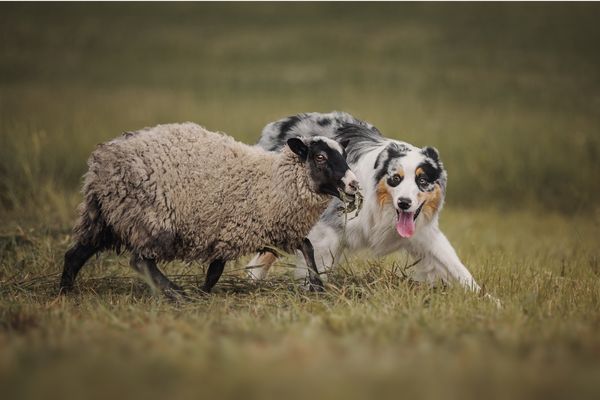
Animal Behavior Example Of Cattle
Look at the temperament and behavior of Angus vs a Holstein. The Angus will only be around for about 18 months and the Holstein dairy cow could be around as long as 10-12 years.
As a breeder myself I am more concerned about good temperament for the animals that are going to be around longer than I am the temperaments of the animals that are going to be in my freezer.
Meat producers are not concerned if the animal that won’t be around long is a bit fisty. All they want is nice firm flesh on the animal. It might sound harsh but it’s the truth.
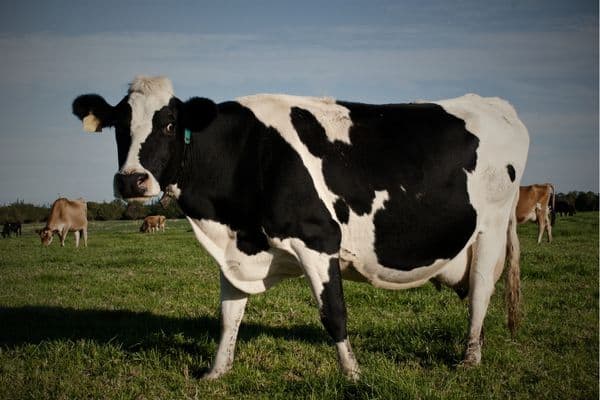
Don’t Know Where To Start With Your Backyard Farm?
Its time to start a backyard farm that fits YOUR dream lifestyle, Backyard Farm Foundation is the answer to setting a clear plan and achievable goals for starting your dream backyard farm or homestead.
ONLY $9!!!!
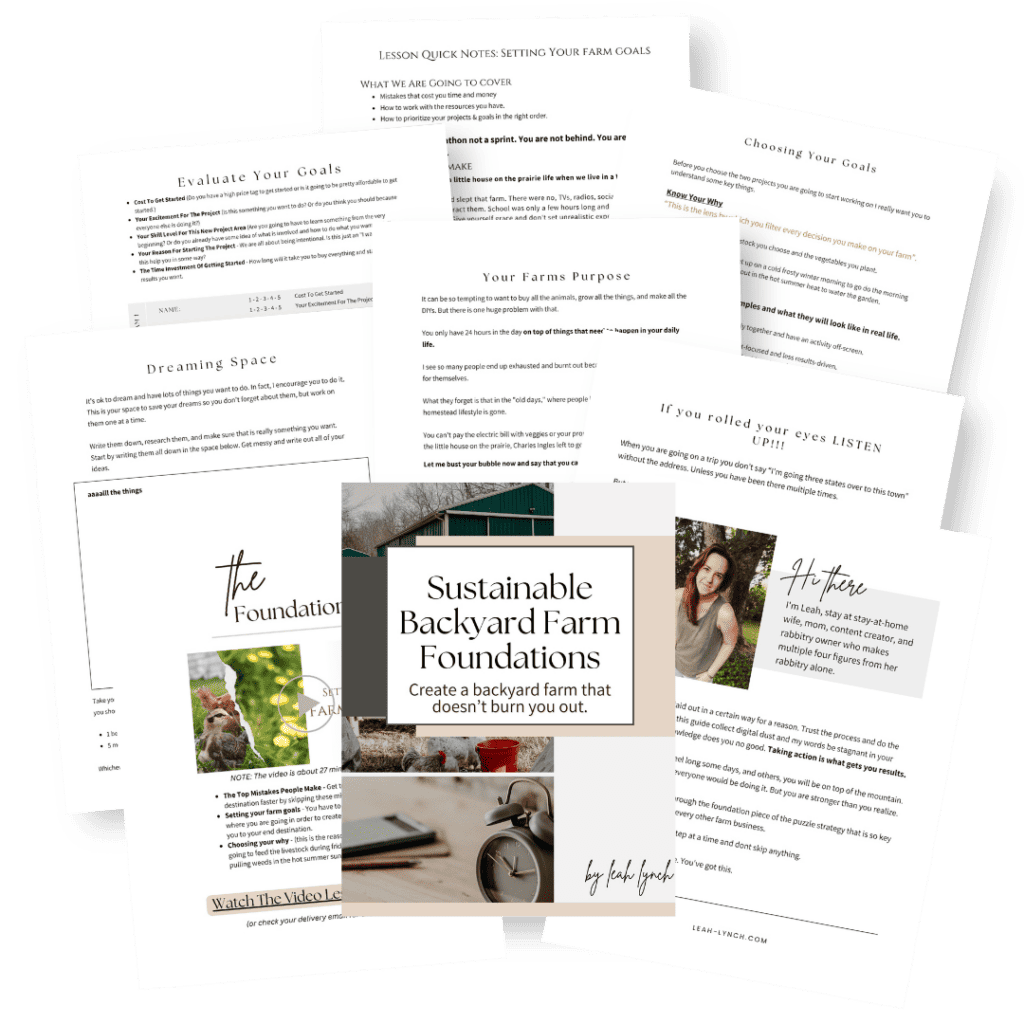
Talk To Breeders to find out what’s normal
Talk to different breeders or breed owners about why they raise the breeds they do. Breeders love to talk about their animals.
All it takes is one-word hinting in the direction of interest in our animals and you will have more information than you ever thought possible.
If you can, a wonderful way to observe a breed is to attend a show. See what makes them tick, look to see if they would be a good fit for your family.
Now keep in mind that the animals are not in the place they are most familiar so they might be jumpier or slightly less cooperative than they are at home because they are not in their natural environment. But you can also talk to a lot of owners in one place that way. Similar questions to different breeders so you can get the average of the answers you get. That way you are able to spot the patterns.
Always ask the owner if you can pet their animal before approaching it when you are in public.
No matter what kind of animal you are looking to bring home to your hobby farm go back to the basics. See what it was meant to do but still evaluate it on its own merits.
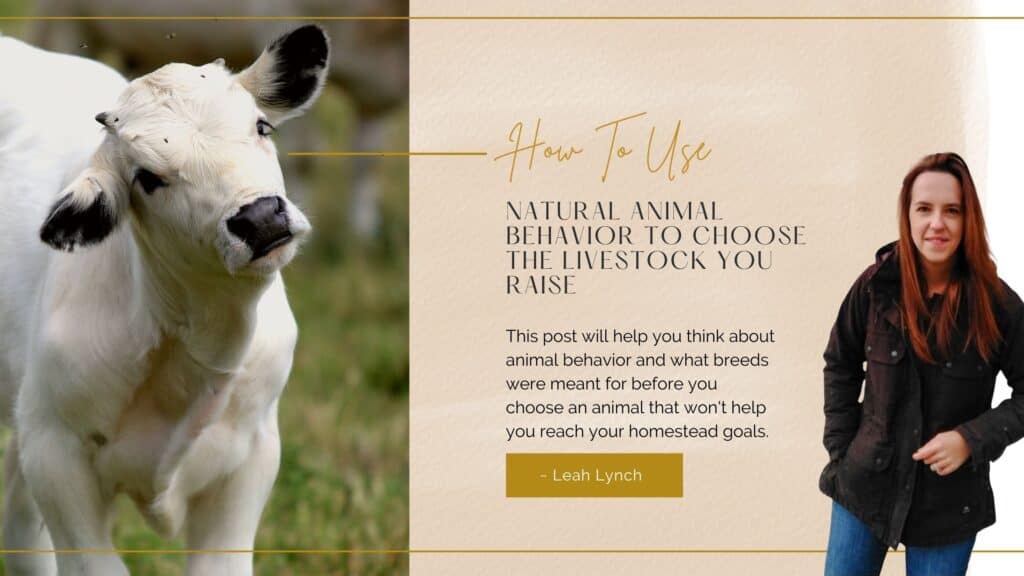
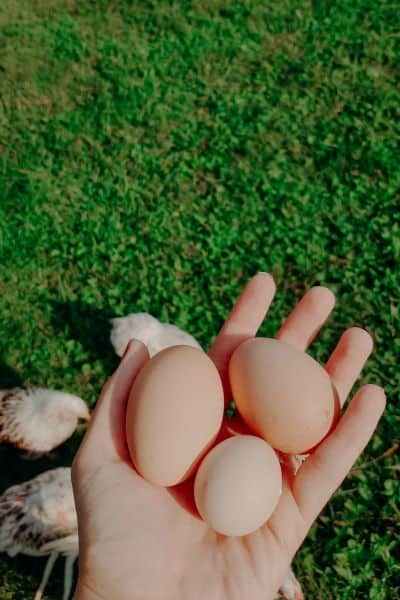

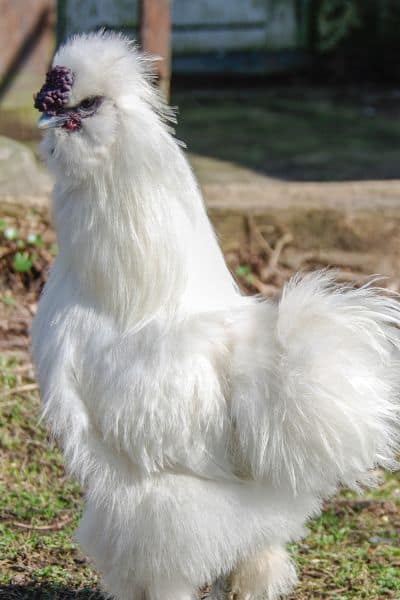
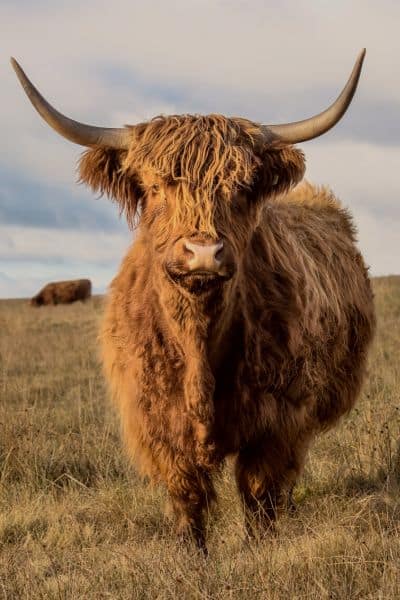
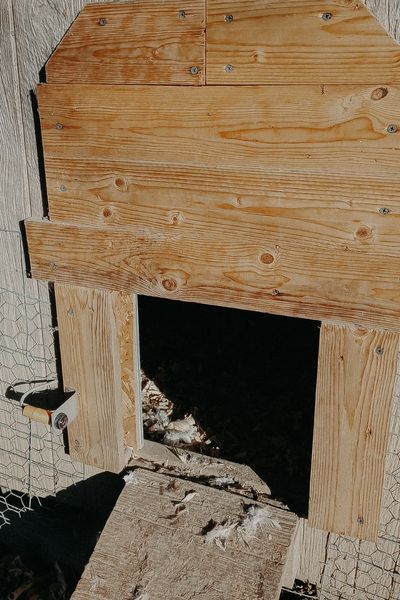
![How Many Eggs Do Chickens Lay A Day [Best Tips For Production]](https://leah-lynch.com/wp-content/uploads/How-Many-Eggs-Do-Chickens-Lay-A-Day-3.jpg)